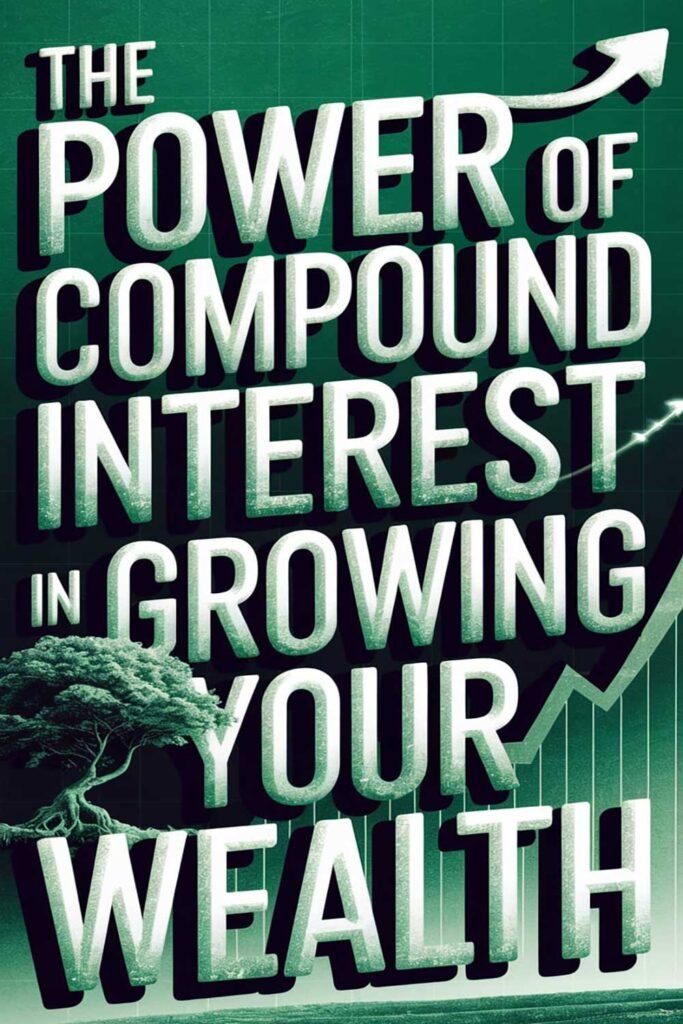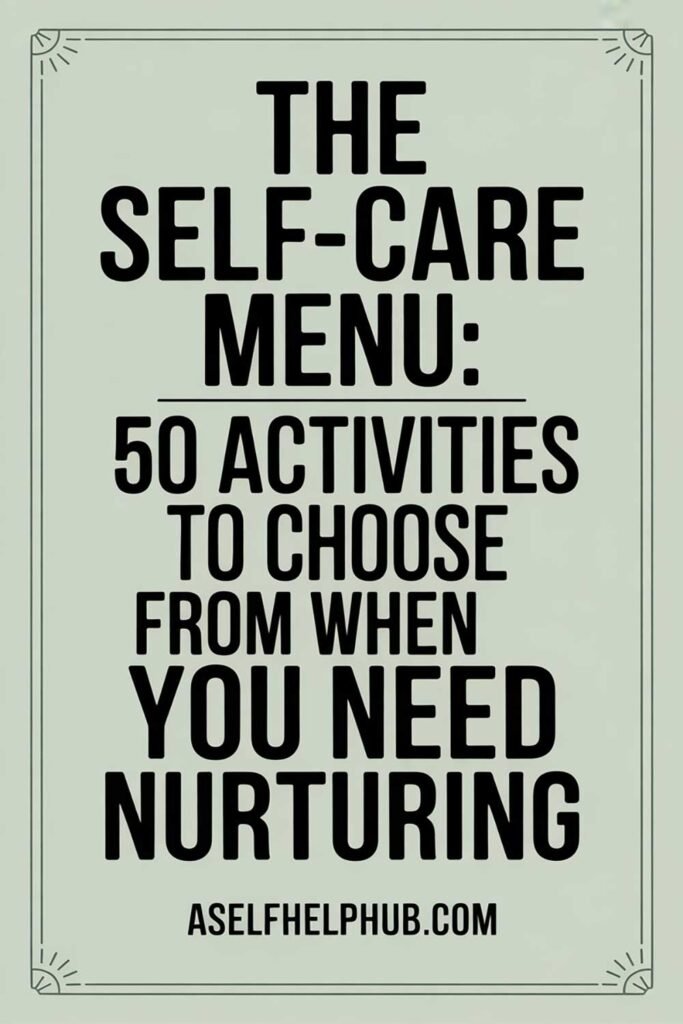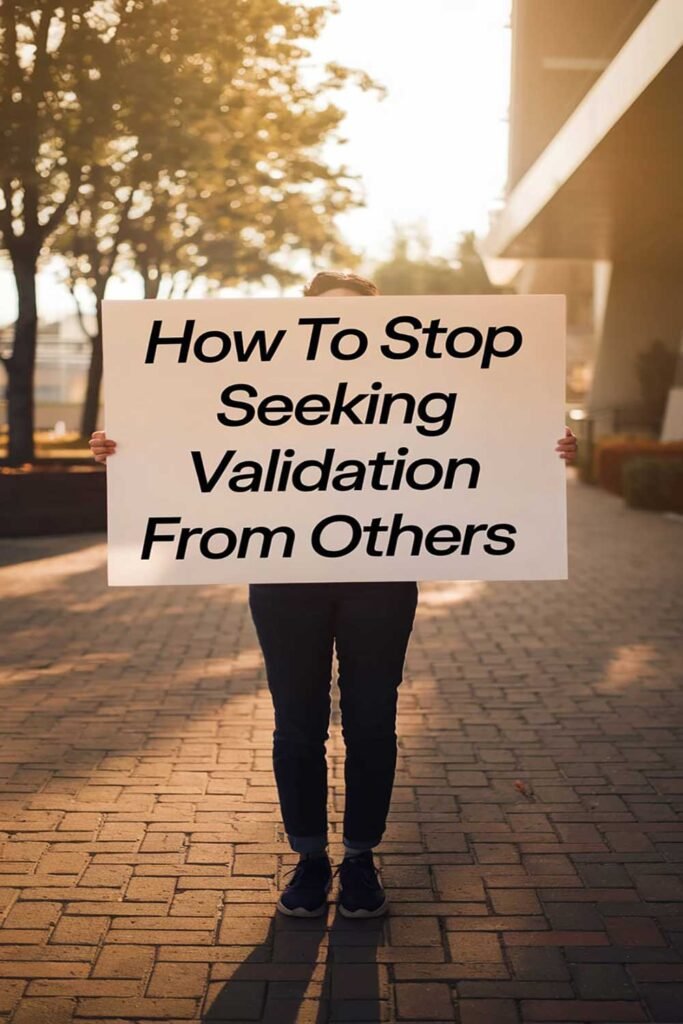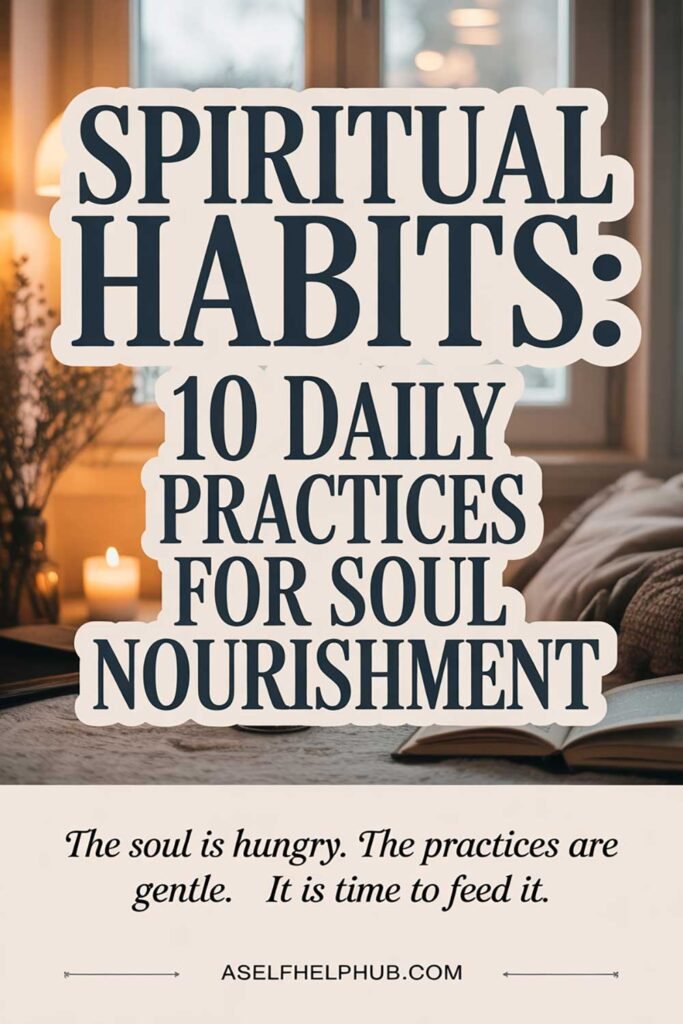How to Build a Financial Routine That Actually Feels Good
When most people think about money routines, the words “joyful” or “empowering” rarely come to mind. Budgeting, tracking expenses, and checking bank balances can feel restrictive, stressful, or overwhelming—but it doesn’t have to be that way. In fact, building a financial routine that actually feels good is the key to creating consistency, peace of mind, and long-term success.

This article will show you how to create a sustainable, feel-good financial routine that supports your goals, lowers your stress, and puts you in charge of your money—without the guilt, shame, or burnout.
Why Your Financial Routine Should Feel Good
If your financial habits make you feel anxious, deprived, or ashamed, you’re less likely to stick with them. When your routine feels supportive and empowering, you’re more likely to build lasting habits and make better decisions.
Real-life example:
Vanessa, a freelance photographer, used to dread money check-ins. By shifting her mindset, lighting a candle, playing calming music, and treating her money date as self-care, she went from avoiding her finances to loving her weekly review ritual.
Step-by-Step: How to Build a Financial Routine That Actually Feels Good
1. Start with Your “Why”
What do you want your money to help you experience?
- Freedom?
- Peace of mind?
- Travel?
- More time with family?
Your “why” should guide your financial choices, not just the numbers.
Tip: Write your “money mission statement” and keep it visible.
2. Create a Weekly Money Date
Choose one day a week for 20–40 minutes to check in with your finances.
Make it cozy:
- Put on your favorite playlist
- Light a candle or incense
- Brew your favorite tea or coffee
Your money date might include:
- Logging into accounts
- Tracking expenses
- Reviewing budget goals
- Celebrating small wins
Real-life tip:
Devon sets a timer for 25 minutes every Sunday. He uses a journal to track spending reflections and gratitude for what money allowed him to do that week.
3. Use Tools That Make Money Tracking Easier
Let go of manual spreadsheets if they overwhelm you. Use tools that simplify:
- YNAB (You Need A Budget)
- Mint
- EveryDollar
- Monarch Money
- Goodbudget (envelope style)
Find what fits your brain and lifestyle.
4. Set Monthly Themes or Mini Goals
Make each month intentional:
- January: Track every dollar
- February: Eat out less
- March: Build emergency fund
- April: Increase income by $200
Themes keep it fresh and focused.
Real-life story:
Kayla challenged herself to a “no-spend February” one year. She saved $480 and used it to pay down her smallest credit card balance.
5. Automate What You Can
Automation reduces stress and builds consistency.
Automate:
- Bill payments
- Savings transfers
- Retirement contributions
Bonus Tip: Automate a “fun money” account so you can spend without guilt.
6. Use Positive Language About Money
Words matter. Replace:
- “I’m so bad with money” with “I’m learning to manage my money well.”
- “Budgeting is restrictive” with “Budgeting gives me freedom.”
Shifting language rewires mindset.
7. Celebrate Progress, Not Just Perfection
Track and reward small wins:
- Paid off a bill?
- Saved $50?
- Avoided impulse shopping?
Celebrate with a joyful reward (not always spending).
Example: A relaxing bath, a homemade dessert, or a movie night.
8. Track Feelings, Not Just Finances
Add a section in your budget journal:
- “Today I feel ______ about my finances.”
- “Money allowed me to experience ______ this week.”
This builds a deeper, emotional relationship with your money.
Real-life tip:
Jared writes weekly in his journal: “I feel proud I stuck to my food budget and still had a fun date night.”
9. Make It a Family or Partner Ritual (Optional)
Money conversations build intimacy and teamwork.
Try:
- Monthly check-ins over brunch
- Shared goals board on your fridge
- Joint saving challenges
10. Practice Financial Self-Compassion
You will make mistakes. Everyone does.
Practice saying:
- “I made a choice that didn’t serve me—and now I know better.”
- “I am not my bank balance.”
- “Progress is more powerful than perfection.”
Your routine should grow with you, not punish you.
10 Feel-Good Financial Ritual Ideas
- Light a candle before checking your budget
- Listen to a wealth-building podcast on your morning walk
- Keep a money gratitude list
- Use colorful pens or stickers in your planner
- Decorate your savings jar
- Name your savings accounts something exciting (“Bali Trip” > “Account 4783”)
- Share goals with a friend for accountability
- Keep a money vision board
- Use a mantra like “I deserve peace and wealth”
- Celebrate money dates with a small treat (without sabotaging your budget)
💬 20 Quotes About Creating a Healthy Financial Life
“Budgeting isn’t about limiting yourself. It’s about making the things that excite you possible.” — Unknown
“You don’t have to be rich to live rich.” — Ramit Sethi
“The best investment you can make is in yourself.” — Warren Buffett
“Money, like emotions, is something you must control to keep your life on the right track.” — Natasha Munson
“Financial peace isn’t about having stuff. It’s about having control.” — Dave Ramsey
“It’s not your salary that makes you rich, it’s your spending habits.” — Charles A. Jaffe
“When you understand that your self-worth is not tied to your net worth, everything changes.” — Suze Orman
“A budget is telling your money where to go instead of wondering where it went.” — John C. Maxwell
“Managing money well is self-care.” — Unknown
“Financial freedom is not a dream. It’s a decision.” — T. Harv Eker
“Don’t save what is left after spending. Spend what is left after saving.” — Warren Buffett
“Small changes can make a big difference in your financial life.” — Dave Ramsey
“Becoming financially confident is one of the best gifts you can give yourself.” — Unknown
“The goal isn’t more money. The goal is living life on your terms.” — Chris Brogan
“Money is a tool. It will take you wherever you wish, but it will not replace you as the driver.” — Ayn Rand
“Wealth is the ability to fully experience life.” — Henry David Thoreau
“Habits are the compound interest of self-improvement.” — James Clear
“Track every dollar until your money respects you.” — Tiffany Aliche
“Mindful money habits build a meaningful life.” — Unknown
“Your budget is a reflection of your values.” — Rachel Cruze
🧐 Picture This
Imagine sitting down for your Sunday evening money ritual. The lights are low. Your favorite playlist is softly playing. A cup of tea in hand. You open your laptop with a smile, knowing you’re not here to judge your bank account—you’re here to celebrate progress, learn from your choices, and align your money with the life you truly want.
You check your accounts. You breathe deeply. You adjust your goals. And you feel good about it.
No guilt. No stress. Just clarity, confidence, and a quiet sense of control.
So picture this: What could your financial life look like if you created a money routine you actually enjoy?
📬 Please Share This Article
If this guide helped you rethink how money can feel, please share it with someone who needs a little less stress and a little more joy in their financial routine.
⚠️ Disclaimer
This article is based on personal finance experience, behavioral strategies, and general budgeting principles. It is intended for informational purposes only and is not a substitute for personalized financial advice. Please consult a financial advisor for guidance tailored to your unique situation.






